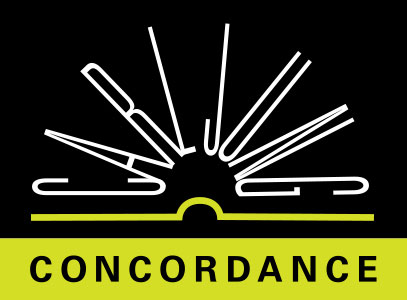The instructions of The Tibetan Book of the Dead in particular help us to see how great is the danger that consciousness will be disintegrated by these figures [images of the unconscious]:
THE DEAD ARE INSTRUCTED NOT
TO TAKE THE SHAPES FOR TRUTH
Again and again the dead are instructed not to take these shapes [images of the unconscious] for truth, not to confuse their murky appearance with the pure white light of Dharmakaya (the divine body of truth). That is to say, they are not to project the one light of highest consciousness into concretized figures and dissolve it into a plurality of autonomous fragmentary systems
CW13 ¶ 50IF SYSTEMS DID NOT REPRESENT MENACINGLY
AUTONOMOUS AND DISINTEGRATIVE TENDENCIES
If there were no danger of this, and if these systems did not represent menacingly autonomous and disintegrative tendencies, such urgent instructions would not be necessary. Allowing for the simpler, polytheistic attitude of the Eastern mind, these instructions would be almost the equivalent of warning a Christian not to let himself be blinded by the illusion of a personal God, let alone by the Trinity and the host of angels and saints
CW13 ¶ 50TENDENCIES TOWARDS DISSOCIATION
INHERENT IN THE HUMAN PSYCHE
If tendencies towards dissociation were not inherent in the human psyche, fragmentary psychic systems would never have been split off; in other words, neither spirits nor gods would ever have come into existence. That is also the reason why our time has become so utterly godless and profane: we lack all knowledge of the unconscious psyche and pursue the cult of consciousness to the exclusion of all else. Our true religion is a monotheism of consciousness, a possession by it, coupled with a fanatical denial of the existence of fragmentary autonomous systems
CW13 ¶ 51AUTONOMOUS SYSTEMS BEHAVE
LIKE OTHER REPRESSED CONTENTS
But we differ from the Buddhist yoga doctrines in that we even deny that these systems are experienceable. This entails a great psychic danger, because the autonomous systems then behave like any other repressed contents: they necessarily induce wrong attitudes since the repressed material reappears in consciousness in a spurious form. This is strikingly evident in every case of neurosis and also holds true for the collective psychic phenomena
CW13 ¶ 51HYBRIS OR NARROWNESS OF CONSCIOUSNESS
AS THE SHORTEST WAY TO THE INSANE ASYLUM
Insanity is possession by an unconscious content that, as such, is not assimilated to consciousness, nor can it be assimilated since the very existence of such contents is denied. This attitude is equivalent to saying: “We no longer have any fear of God and believe that everything is to be judged by human standards.” This hybris or narrowness of consciousness is always the shortest way to the insane asylum
CW13 ¶ 53AUTONOMOUS PSYCHIC CONTENTS AS
PHOBIAS, OBSESSIONS, NEUROTIC SYMPTOMS
We are still as much possessed by autonomous psychic contents as if they were Olympians. Today they are called phobias, obsessions, and so forth; in a word, neurotic symptoms. The gods have become diseases; Zeus no longer rules Olympus but rather the solar plexus, and produces curious specimens for the doctor's consulting room, or disorders the brains of politicians and journalists who unwittingly let loose psychic epidemics on the world
CW13 ¶ 54